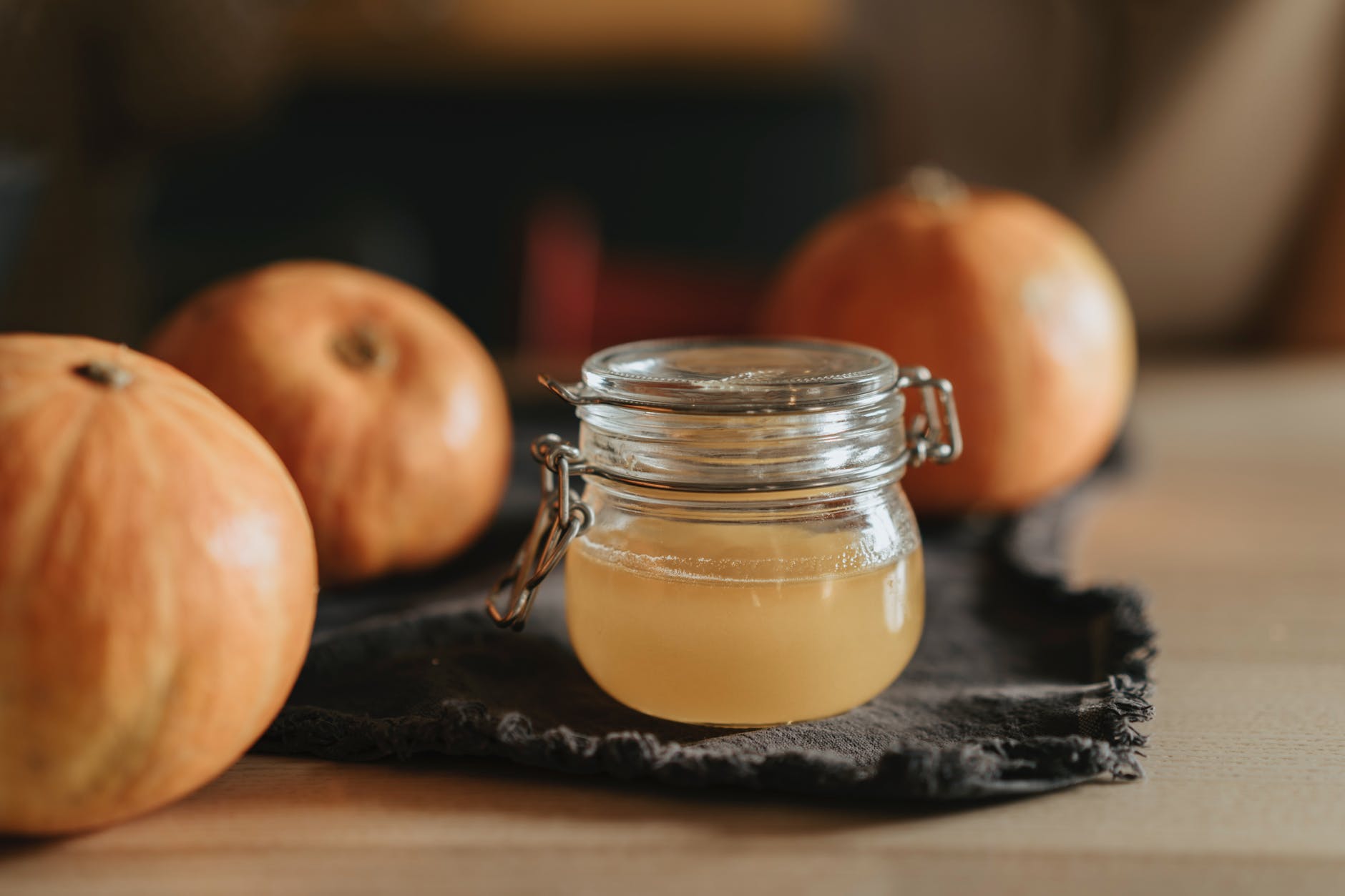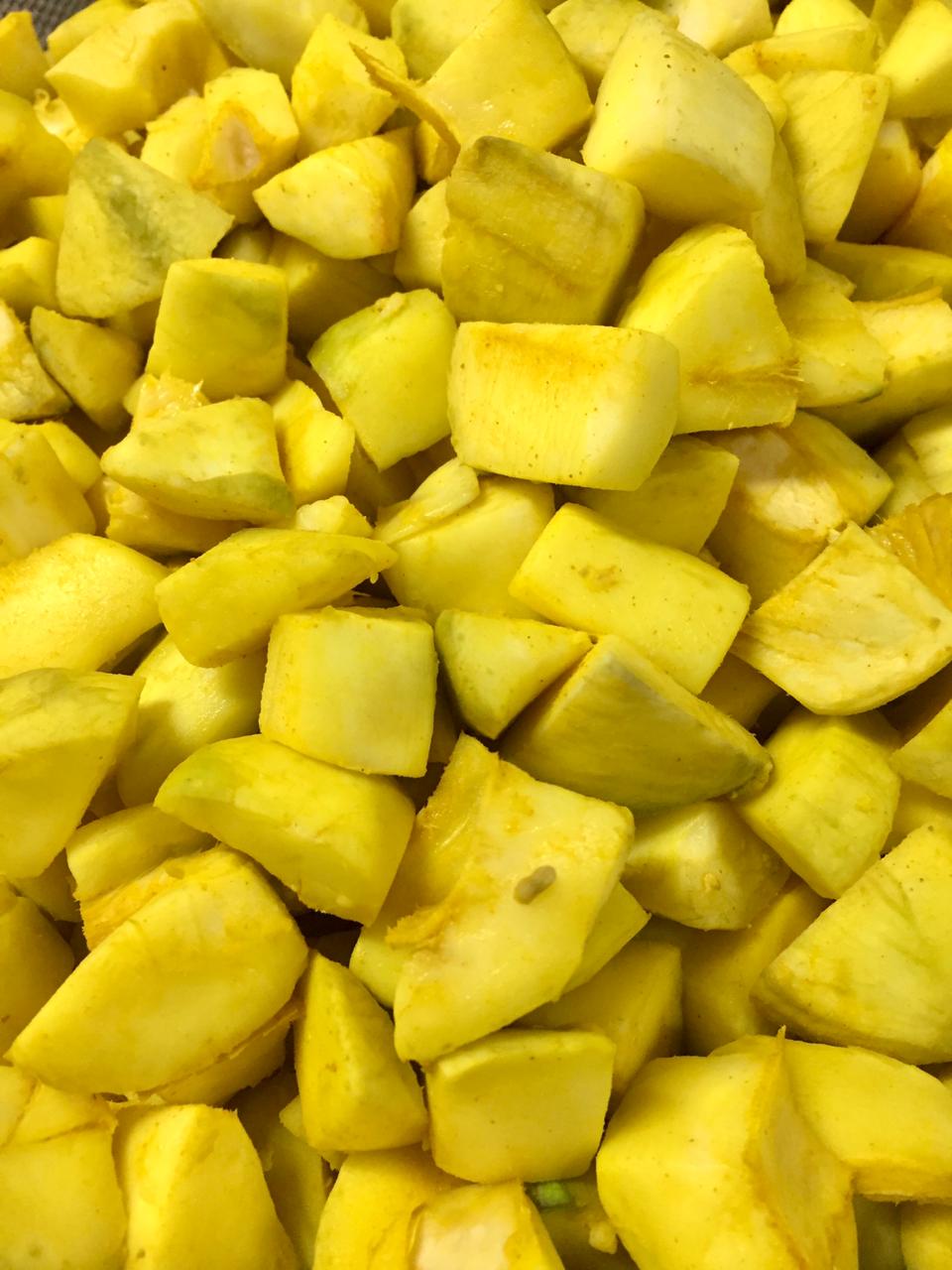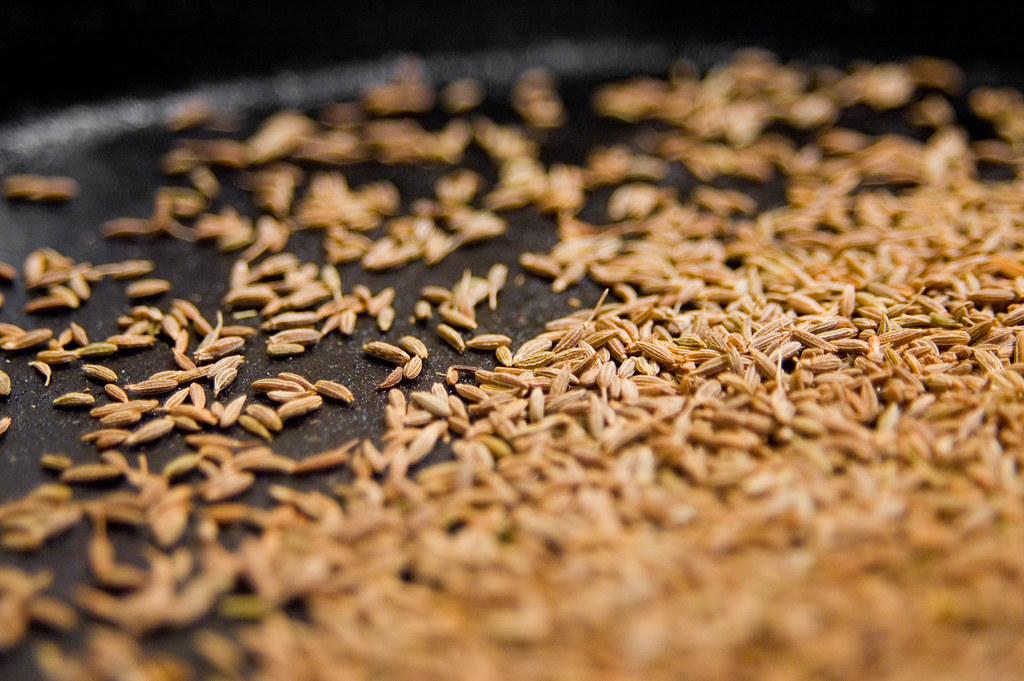
Apple cider vinegar (ACV) has been used as a home remedy for various health issues for centuries. One of the common uses of ACV is to help soothe a sore throat. But does it really work? Let’s delve into the research and find out! 🧐
What Makes Apple Cider Vinegar Effective? 🍎
Apple cider vinegar is made from fermented apple juice. It contains acetic acid, which gives it its distinctive sour taste and strong smell. ACV also has several vitamins and minerals, including potassium, magnesium, and some B vitamins.
The potential effectiveness of ACV for a sore throat comes from its antibacterial properties. These properties can help fight off the bacteria causing the throat infection. Additionally, the acidity of ACV can help break down mucus in the throat and soothe the irritation.
What Does the Research Say? 📚
While there are many anecdotal reports of ACV’s effectiveness in treating a sore throat, scientific data on this topic is somewhat limited. However, some studies suggest that ACV does have anti-inflammatory properties, which could potentially help soothe a sore throat1.
According to an article on Healthline, one popular method of using ACV for a sore throat is to mix 1 tablespoon of ACV and 2 tablespoons of honey in a large mug of warm water2. The honey not only makes the mixture more palatable but also has its own throat-soothing properties.
Another article on Health Canal also supports the use of ACV for a sore throat, stating that the anti-inflammatory action of ACV is effective on its own1. However, they also recommend mixing it with honey for better taste.
Medical News Today also mentions the antibacterial properties of ACV, suggesting that it could help relieve a sore throat when mixed in small amounts with warm water3.
How to Use Apple Cider Vinegar for a Sore Throat? 🥄
Here are some ways you can use ACV to help soothe a sore throat:
- ACV and Honey Drink: Mix 1 tablespoon of ACV and 2 tablespoons of honey in a large mug of warm water. Sip on this mixture throughout the day.
- ACV Gargle: Mix 1 tablespoon of ACV with 1 cup of warm water. Gargle with this mixture for about 30 seconds, then spit it out. Repeat this several times a day.
- ACV Spray: Mix equal parts of ACV and water in a spray bottle. Spray this mixture into your throat whenever it feels sore.
Remember, while ACV can help soothe a sore throat, it should not replace medical treatment. If your sore throat persists for more than a few days, or if it’s accompanied by other severe symptoms, you should seek medical attention.
Conclusion 🏁
Apple cider vinegar is a versatile home remedy that can potentially help soothe a sore throat. While more research is needed to fully understand its effectiveness, the antibacterial and anti-inflammatory properties of ACV make it a promising natural remedy. Just remember to always dilute ACV before using it, as its high acidity can harm your tooth enamel and throat if used undiluted. And, as always, consult with a healthcare professional if your symptoms persist. 😊
FAQs
- What makes apple cider vinegar effective for a sore throat? Apple cider vinegar contains acetic acid, which has antibacterial properties that can help fight off the bacteria causing the throat infection. The acidity of apple cider vinegar can also help break down mucus in the throat and soothe the irritation.
- What does the research say about using apple cider vinegar for a sore throat? While scientific data on this topic is somewhat limited, some studies suggest that apple cider vinegar does have anti-inflammatory properties, which could potentially help soothe a sore throat.
- How can I use apple cider vinegar to soothe a sore throat? You can mix apple cider vinegar with honey and warm water to make a soothing drink, gargle with a mixture of apple cider vinegar and warm water, or mix equal parts of apple cider vinegar and water in a spray bottle and spray it into your throat.
- Can apple cider vinegar replace medical treatment for a sore throat? While apple cider vinegar can help soothe a sore throat, it should not replace medical treatment. If your sore throat persists for more than a few days, or if it’s accompanied by other severe symptoms, you should seek medical attention.
Blog Tags
Apple Cider Vinegar, Sore Throat, Natural Remedies, Home Remedies, Health, Wellness, Throat Health, ACV Benefits, ACV Uses, Sore Throat Relief.














